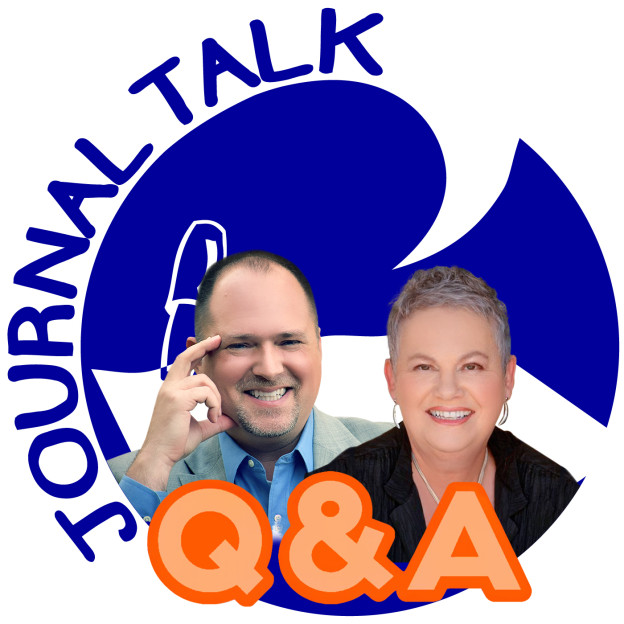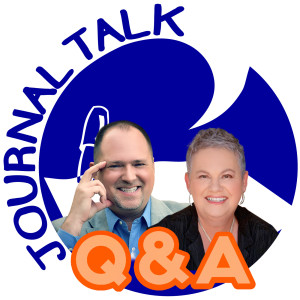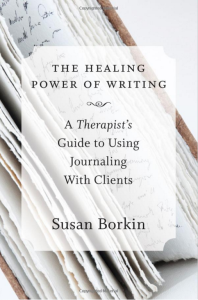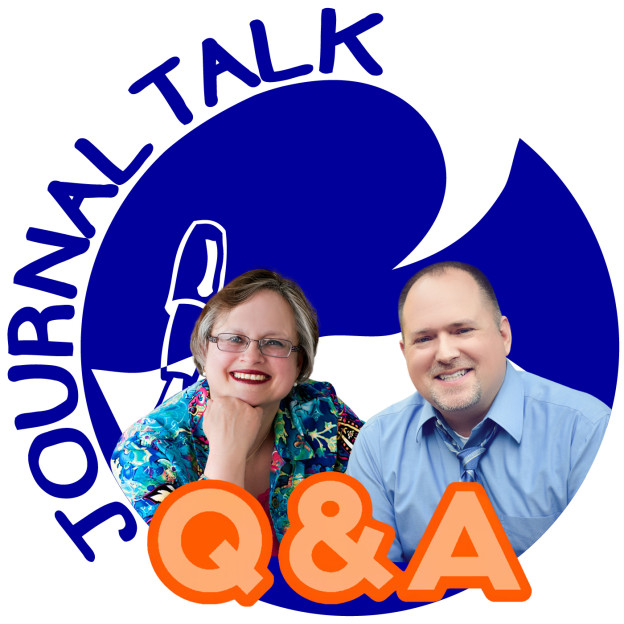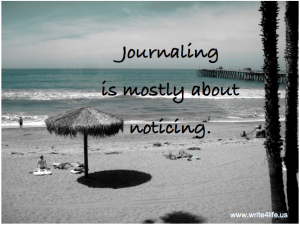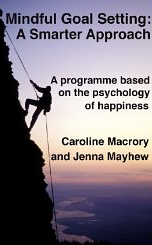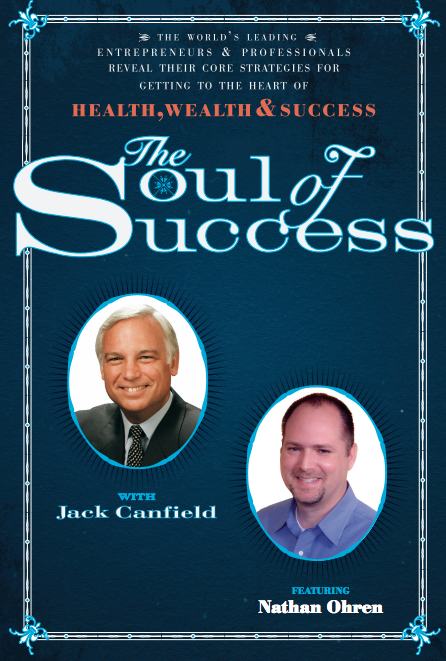Podcast: Play in new window
Subscribe: Apple Podcasts |
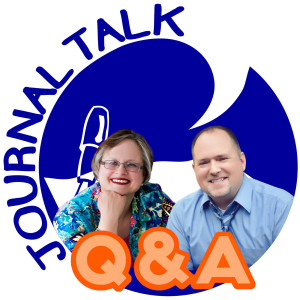 During a NINETY-DAY journal-writing challenge this winter, where I met a new friend “Wizzy” (Janet Wiszowaty), I was asked “the time of day” question again, so I thought I’d make a short episode about it.
During a NINETY-DAY journal-writing challenge this winter, where I met a new friend “Wizzy” (Janet Wiszowaty), I was asked “the time of day” question again, so I thought I’d make a short episode about it.
What’s the best time of day to make your journal entries?
Early Morning is ideal for writing about your hopes or desires for the day. It could be the perfect quiet time to listen for inner guidance. The mind is waking and receptive to visualizing an ideal day. This is when I usually make my “ta-da!” list (the 3 highest-priority tasks I promise to get done that day). It’s also the best time for recording dreams. Many consider mornings the most critical time for installing successful habits. (Sorry I goofed on some details about the Miracle Morning! This was recorded before I interviewed Hal Elrod!)
Midday is typically when our faculties of reason are at a peak, and our minds are clearest. This might be a great time to write through a puzzling situation you’d like to resolve, brainstorming some options for an important decision, or making detailed plans for a project. This is sometimes my most productive journaling time.
Afternoons can be perfect for journaling as a meditation or mindfulness; to dialogue with the body, or your inner committee; or to reflect on what’s been accomplished and what can be left for tomorrow.
In the Evening, I like to reflect on the best part(s) of my day, express gratitude, or summarize some of the day’s events. It’s also a great time to vent any lingering frustration so I can get better rest at night. And sometimes before bed, I will write out a wish, a fantasy, or a question that I’d like to learn more about, often in preparation for a visit from my Dream Faerie!
Janet and I agreed — the “best” time to write is whatever time you WILL write! People who work a swing shift, or keep erratic schedules may find the above suggestions completely backward. The important thing is to make (any!) time for yourself, and experiment with different timings, until you find what works for you.
Check out Family Connekt, Wizzy’s website featuring her workshops, speaking engagements, coaching, etc. Doesn’t she seem like a really fun (and really smart!) person to work with?
Your turn to answer: What’s your favorite time to write, and why? Do you find your best writing time changes with seasons, or depends on family members’ schedules? Have you learned any strategies for keeping a consistent time for yourself? Post your responses at the bottom of this webpage, in the comments section.
You may email your own journaling question to be featured on a future episode of JournalTalk. Or, pick up the telephone and leave a voicemail with your question at 1-805-751-6280. When your question is featured, we will send you a thank-you gift for sharing your voice! (JournalTalk Q&A, Episode #39, February 16, 2016)
To Subscribe to JournalTalk:
Apple/iPhone/iTunes: Click here.
Google/Feedburner: Click here.
Blubrry site: Click here.
For Coaching with Nathan Ohren: Click here.
To Join the JournalTalk Community on Facebook: Click here.
To Listen to this week’s JournalTalk: Click on the “play” button > at the top of this page.
 Every other week, I post a special episode of JournalTalk devoted to a specific question that I’ve received from fans, followers or friends about some aspect of journal-writing.
Every other week, I post a special episode of JournalTalk devoted to a specific question that I’ve received from fans, followers or friends about some aspect of journal-writing.
